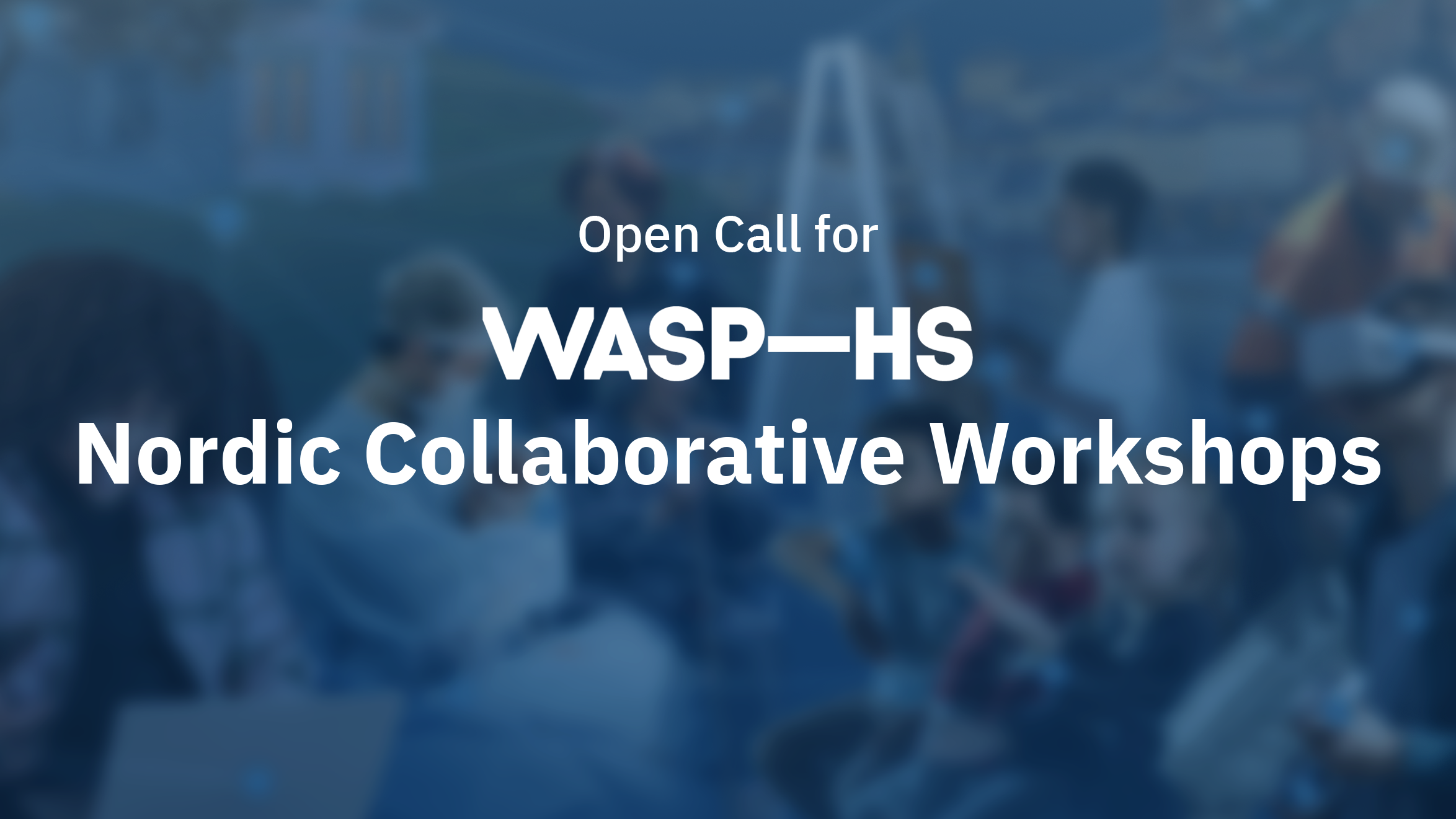Emma Engström, PhD and Pontus Strimling, Associate Professor, have had an article published about the diffusion of artificial intelligence in the consumer domain.
The title of the article is Deep learning diffusion by infusion into preexisting technologies — implications for users and society at large, and has been published in Technology in Society. The authors are part of the WASP-HS project Predicting the diffusion of AI applications.
Social impacts of any technology presuppose its spread in society. Therefore, this study addresses the processes that drive the diffusion of artificial intelligence (AI) in the consumer domain. Interestingly, some AI-applications have spread very rapidly, while others have dispersed much slower than expected. For instance, the voice assistant Siri was actively used on half a billion devices in 2018 [1], while autonomous vehicles have taken a much longer time to reach consumers.
The research question is: How important has infusion of deep learning into other technologies been for its diffusion among individuals?
Highlights
- Infusion is a useful concept for understanding the diffusion of deep learning (DL) in society.
- DL-infusion is the act of adding a DL-application to another preexisting technology.
- The 15 most popular mobile apps in the U.S. all have a DL infused.
- Established models of diffusion have limited applicability to infusion.
- Infusion is driven by enterprise decision-making rather than consumer choice.
- DL-infusion is likely to contribute to cement existing power structures online.





